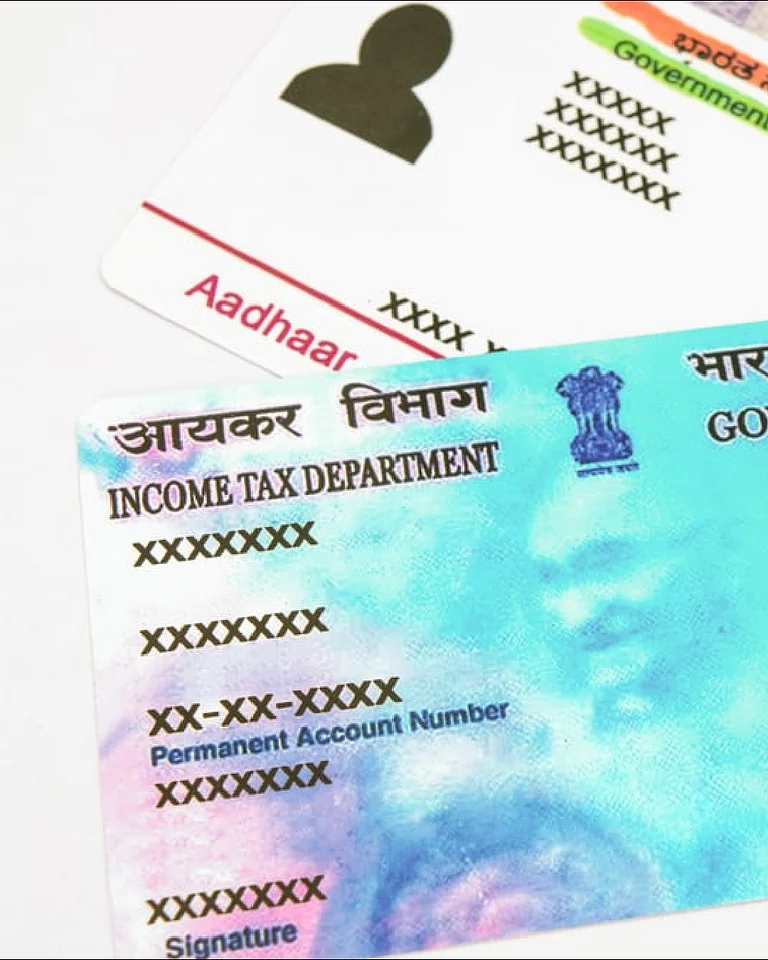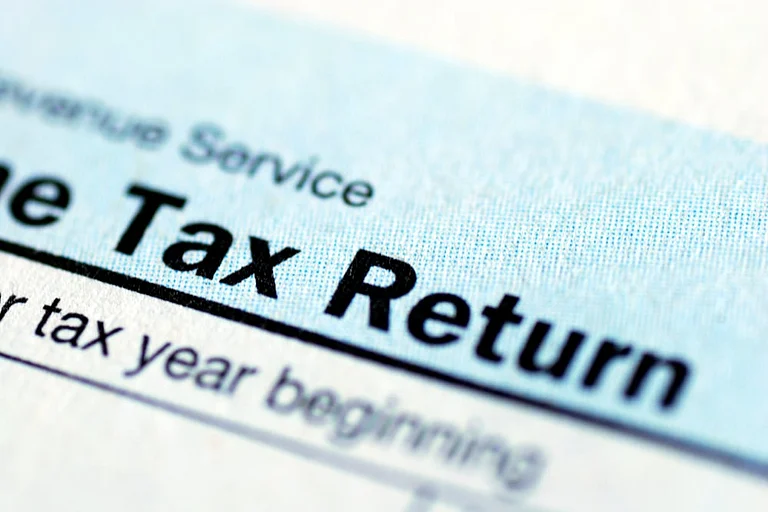For some salaried taxpayers, the tax return season may feel like a chore, yet it is also one of the few chances to get some money back, especially if too much tax was deducted over the year. With the ITR filing window now open for ITR 1 and ITR 4, this is a crucial time for salaried employees to know how they can maximise their refunds this year.
Not always but sometimes there’s a real possibility that you have overpaid taxes, without even realising it. This usually happens when your employer deducts more tax than required or when you forget to account for deductions that never made it into your Form 16. It could be rent receipts you didn’t submit on time, a last-minute ELSS investment, or home loan interest that didn’t get factored in. Whatever the case, filing your return is how you claim that excess tax back.
What Triggers a Refund?
There are a few common scenarios where salaried people end up paying more tax than necessary:
You have changed jobs during the year and both employers deducted tax assuming you had no other income
You invested in tax-saving instruments late but after the declaration deadline
Deductions were not submitted to the employer, so your full exemption was not considered
You paid advance tax or self-assessment tax based on an overestimated liability
The bottom line for this is if any of the above happened to you, you will likely get a refund, but only if you file your income tax return.
Which Tax Regime Should You Pick?
There’s no individual answer to this question since it’s not a one-size-fits-all decision anymore. The old regime allows you to claim deductions for everything from life insurance premiums to housing loan interest and children’s tuition fees. The new regime offers lower slab rates but no deductions.
If you have made a bunch of investments and paid rent, the old regime might work out better. If not, the new one could be simpler and lighter.
What should you do?
Use a tax calculator that lets you compare both regimes after entering your actual numbers, not assumptions. Don’t just go by what your colleagues are doing.
Says Sujit Sudhakar Bangar, founder, TaxBuddy.com, “This year the new tax regime is the default tax regime. Therefore, if you don’t select the old tax regime, the new regime would be applied by default. Therefore, one needs to be very cautious while selecting the appropriate tax regime. Wrong selection of tax regime would directly have an impact on enhanced tax outgo and reduced refunds.”
How To Maximise Your Refunds This Year?
Bangar notes that the best possible hack for salaried employees to maximise their refund is restructuring of CTC. “You can request your employer to put a certain portion of CTC as your employer's contribution to NPS. This will benefit in the new as well as old tax regime. And in turn help maximize refund.
Moreover, you should also check for deductions you can still claim. One of the most common mistakes people make is assuming that if it wasn’t declared to the HR team, it’s gone. That’s not true. When you file your return (under old tax regime), you can still claim:
80C deductions (up to Rs 1.5 lakh) which include PPF, EPF, ELSS, LIC, home loan principal, NSC, Sukanya Samriddhi
80D for health insurance for self and family, and even parents (senior citizens get higher limits)
24(b) home loan interest, up to Rs 2 lakh
HRA even if rent was not declared earlier, you can still claim it now
80G if you have donated to recognised organisations
80E education loan interest (no limit)
Interest on savings accounts up to Rs 10,000 under 80TTA
For documentation support to claim these deductions, you should through your bank statements, insurance receipts, rent agreements, and donation acknowledgements.
Reconcile All Your Income
If you have more than one employer, make sure to consolidate salaries from both. Each employer may have deducted TDS assuming they are your only one. When combined, your total income might push you into a higher slab, so it is on you to fix that while filing.
Also, check Form 26AS and the Annual Information Statement (AIS). These documents show all income reported to the tax department by banks, employers, and mutual funds. If something is missing in your return but shows up in these records, your refund might get delayed, or worse, you might get a notice.
Declare Even Exempt or Miscellaneous Income
Some kinds of income, like interest from savings accounts or tax-free PPF withdrawals, might be exempt, but you still need to report them. Same goes for dividend income, which is taxable beyond Rs 5,000 now, and capital gains from mutual funds. Declare all of it, clearly.
File Early
There is no upside to waiting. This year, the income tax department has extended the ITR filing deadline to September 15, 2025. With ample time to get your proofs and deduction claims together, you should try to file the ITR before the due date. Filing late returns may attract penalties from the taxman. Moreover, you can’t carry forward certain losses if you file after the deadline.
More importantly, the sooner you file, the sooner your refund arrives.


















